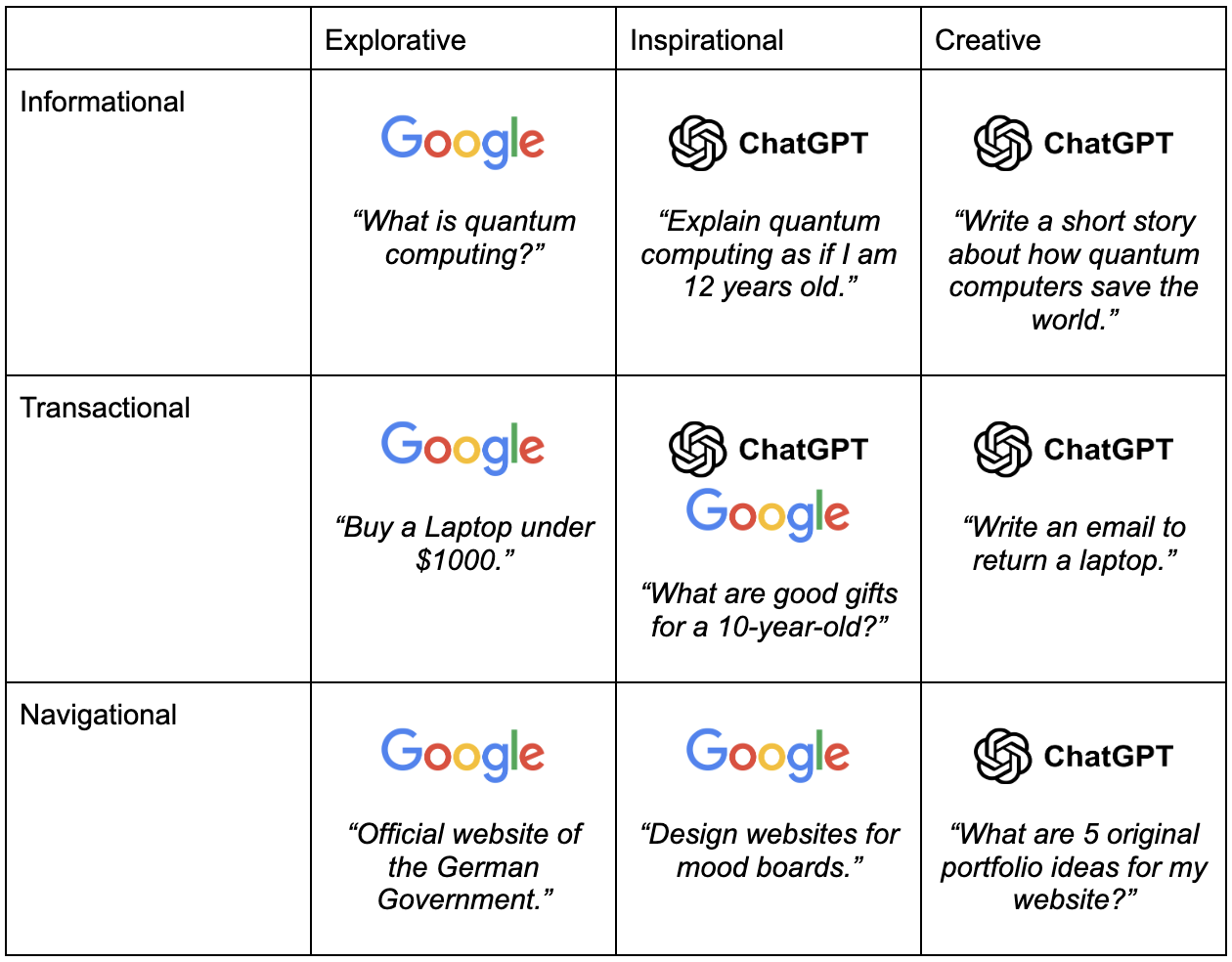Google vs. ChatGPT: Which Tool is Right for Your Search Needs?
The rise of ChatGPT has fundamentally changed the way we search for information. While Google has been the undisputed leader in internet search for decades, ChatGPT offers a completely new approach: instead of sifting through countless links, you often receive a concise and understandable answer to complex questions directly. But when is each tool the better choice? In this article, we will show you how to get the best of both worlds.
Good to know: Compared to a simple Google search, ChatGPT consumes about 10 times more energy and significantly more water per query.
The Fundamental Differences Between Google and ChatGPT
Google is designed to search the internet for the best, most relevant results. The answer usually consists of a list of links that provide further information. It is excellent for:
- Exploratory Searches: When you are researching a topic with little prior knowledge.
- Navigational Searches: When you are specifically searching for a particular website or brand.
- Transactional Searches: When you want to buy something or find a service.
ChatGPT, on the other hand, is based on a large language model trained on billions of texts. It generates text based on probabilities and can:
- Provide Inspirational Content: For example, ideas for projects, creative texts, or presentations.
- Explain Complex Connections: Instead of just showing links, ChatGPT directly formulates the answer.
- Create Personalized Content: Emails, cover letters, application texts, and much more.
A Framework for Digital Search

Search Intention:
- Informational: I want to understand or learn something.
- Transactional: I want to accomplish or implement something.
- Navigational: I am specifically searching for a website or product.
Search Goal:
- Exploratory: I am exploring a topic without knowing exactly what I am looking for.
- Inspirational: I am looking for ideas or inspiration.
- Creative: I want to generate something new creatively.
When is Google the Right Tool?
Google is unbeatable when it comes to hard facts and quick access to information. For example, if you're searching for a recipe, a store's opening hours, or the best hotels in a city, Google delivers the relevant results in a fraction of a second. Google also shines in navigational searches — when you're looking for a specific website. It takes you directly to the destination without any detours.
Examples:
- “What are the current gas prices in Berlin?”
- “Website tax advisor Berlin”
- “Where is Tesla’s headquarters located?”
When Does ChatGPT Have the Advantage?
ChatGPT shows its strengths primarily in areas where creativity, inspiration, and complex explanations are required. Unlike Google, ChatGPT does not provide a list of links but directly gives structured and formulated answers. It excels especially in:
- Inspirational tasks like brainstorming or coming up with ideas for marketing campaigns.
- Creative tasks such as writing stories, concepts, or speeches.
- Complex explanations that go beyond simple facts, such as explaining investment strategies or understanding technologies.
Examples:
- “Write a creative marketing strategy for a startup in sustainable energy.”
- “Explain why cryptocurrencies are so volatile.”
- “How do I write a convincing application for a leadership position?”
Conclusion: The Right Choice at the Right Time
Neither Google nor ChatGPT is universally better — their strengths lie in different areas. While Google is the perfect companion for quick, fact-based searches, ChatGPT unleashes its full potential for creative and explanatory tasks. The combination of both tools can help you make the most of both worlds.
Tip: Switch between both tools depending on your needs. Google provides the data, ChatGPT shapes it.
